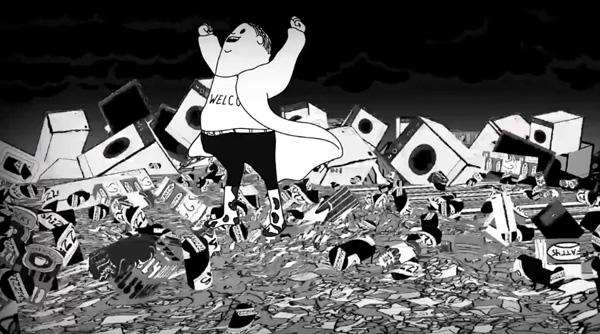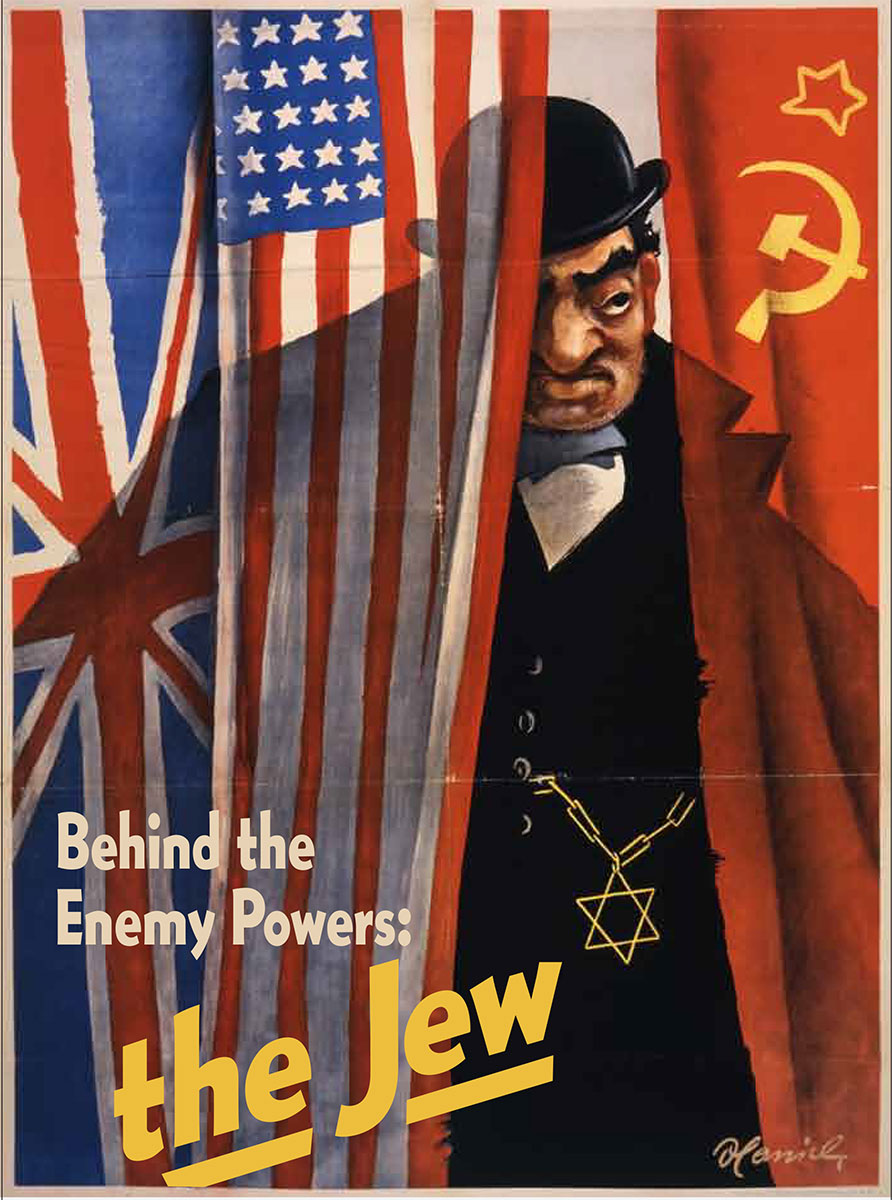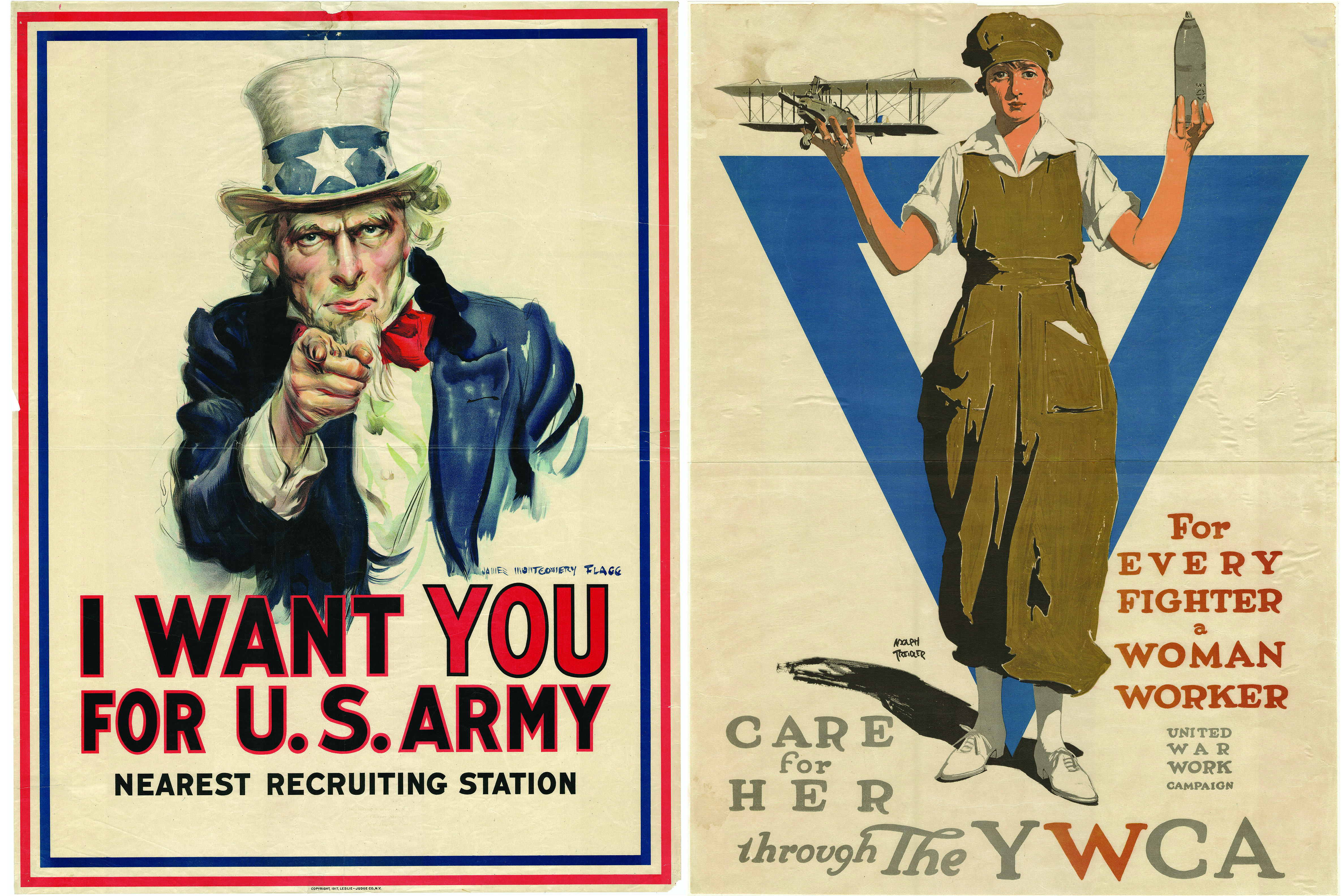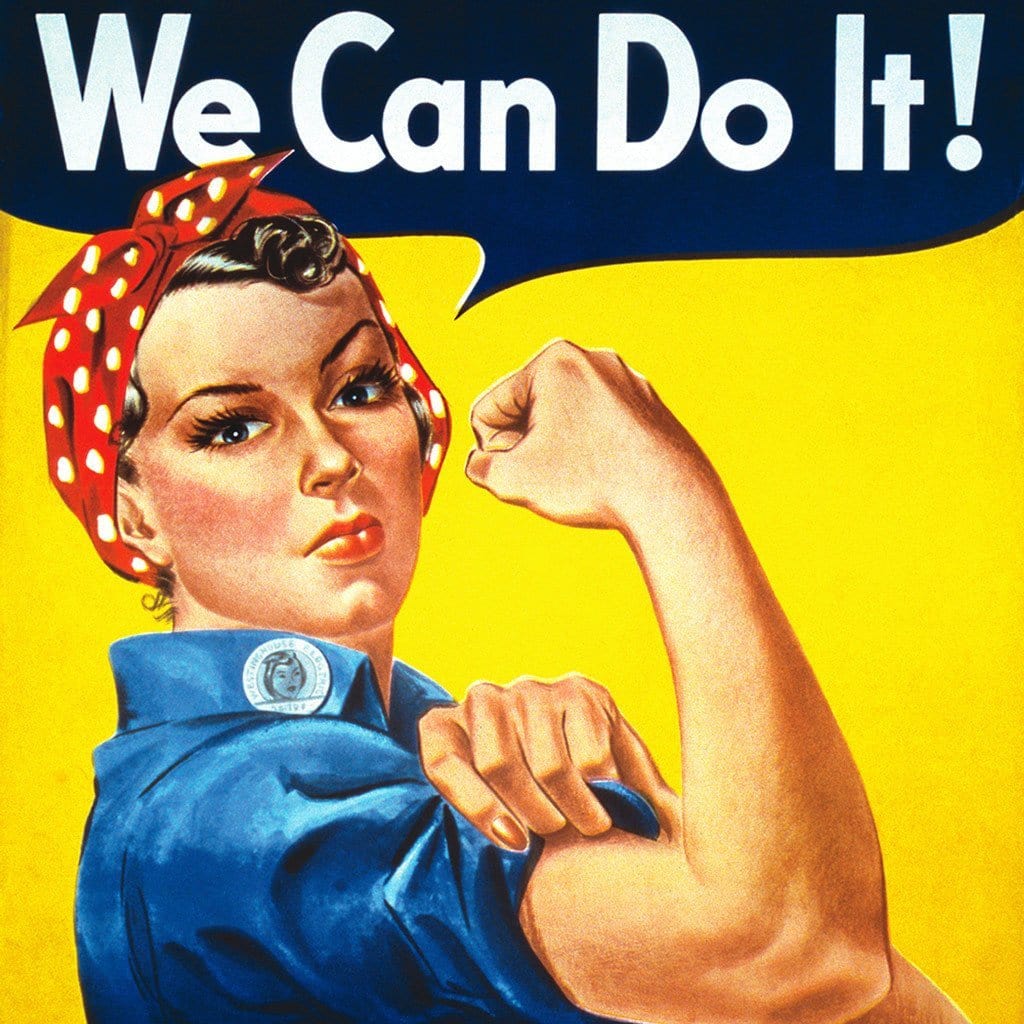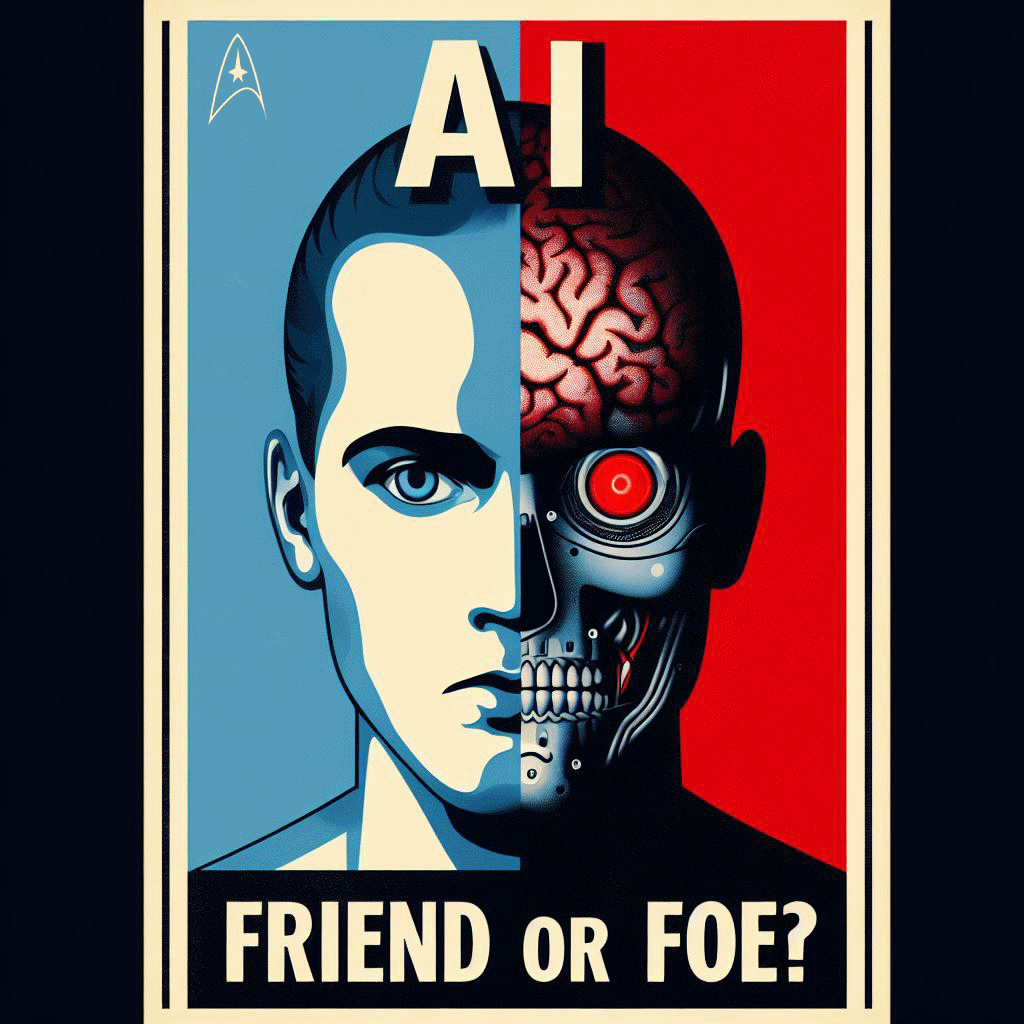I don’t think many people would want to give up many of today’s modern conveniences, medical technologies or efficient travel options. Who would prefer leeches over MRI scanners? Hand washing laundry over a washing machine? However, even many clearly beneficial technologies have a darker side that we ignore at our own risk.
Technology has frequently given us hope that we have the ability to improve our lives. This perspective was very apparent in the Futurama video. It showed a perspective of the future where we used the Earth and the oceans as a place to vacation, farm, mine and otherwise exploit for our benefit, seemingly without consequences.
In the future that Futurama imagines, technology gives us the tools to shape the world for our commercial benefit. It states at one point that “technology has found a way to control the wild profusion of this wonder world.” For example, it describes at one point a “factory on wheels” that will grind up stumps and growth to create forest highways so we can bring to the “innermost depths of the tropic world the goods and materials of progress and prosperity creating productive communities that can enter profitably into the markets of the world.” We are now seeing and understanding how actions like deforestation (described here in positive terms) actually do have serious consequences that are negatively impacting the world.
The results of this exploitation are dramatically depicted in the Steve Cutts animation. It shows how exploiting the world’s resources for commercial and personal gain will result in a dark future. Should we be stewards of the Earth or just consumers?
The video of Mad World also shows a depressing view of the technology’s impact on our lives. Despite being surrounded by crowds of people, at family meals or otherwise together, everyone is glued to their phones, alone and isolated. As the song lyrics say, people don’t engage with each other but instead “Look right through me.” In one scene, when confronted with what should be a horrific moment of seeing a girl jump to her death, the onlookers just use their phones to record it and move on emotionlessly. While the original 80s Tears for Fears Mad World video also depicts loneliness and isolation, the singer is alone expressing his sadness.
Now, as the newer video demonstrates, we can be isolated while surrounded by people, largely because of the technology that was supposed to connect us with each other and the world.
Are we watching other people’s lives on our phones instead of actually living our lives? I have recently had battery issues with my iPhone causing it to die immediately if it was not plugged in. It took me a couple of weeks to sort through the issue, during which my access to my phone and all it brings was compromised. This lack of connection created at times a level of angst that was, honestly, a little disturbing to me.
Despite the many troubling aspects of Futurama and the world it envisioned, there was one statement that resonated with me:
“Technology can point the way to a future of limitless promise, but man must chart his own course into tomorrow.”
Technology can be a tool we use to improve our lives and the world or it can be isolating and destructive. Technology is not inherently good or bad until we decide how we are going to use it. So what’s our decision going to be?

